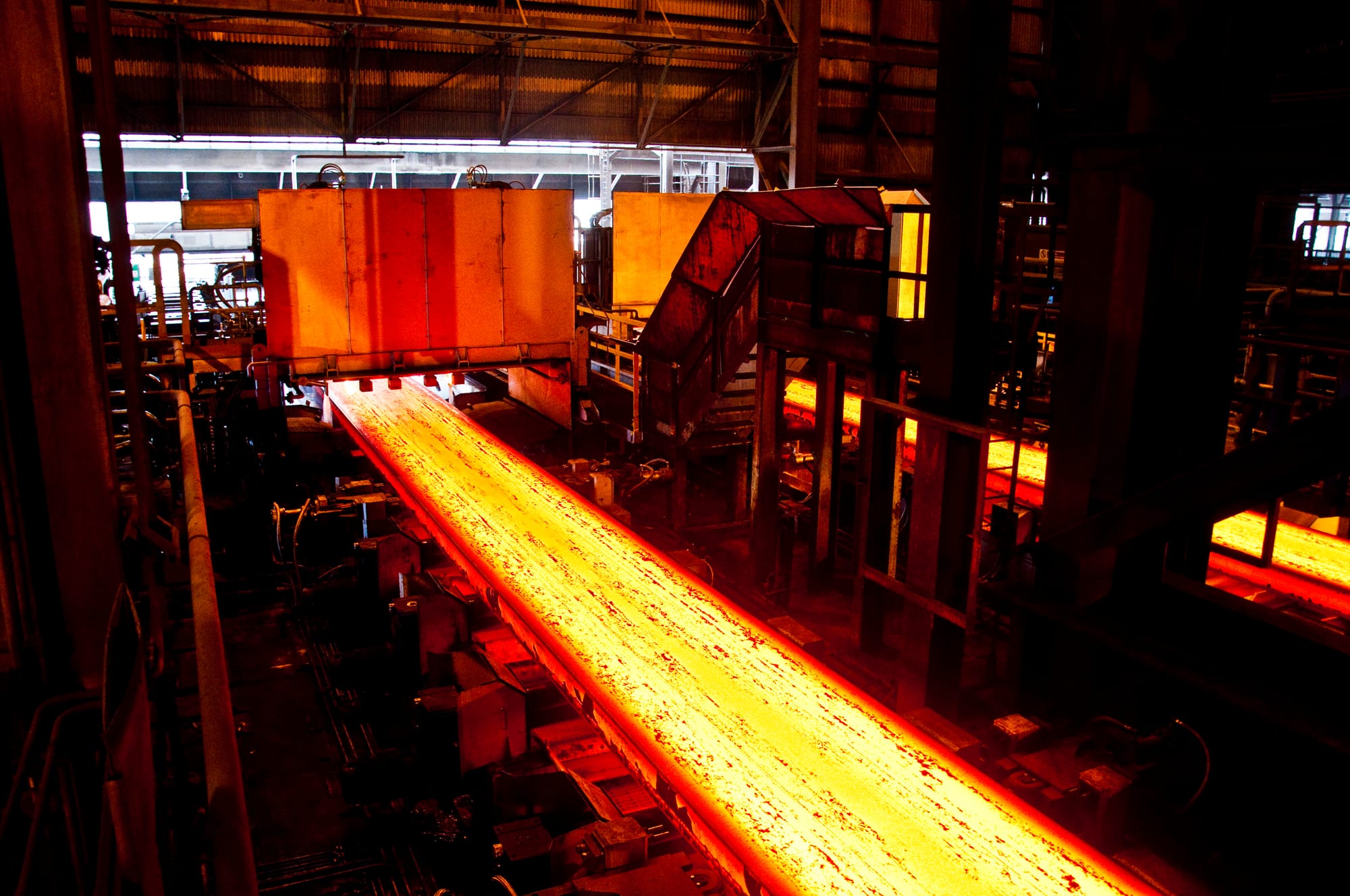Tata Steel and UK Government agrees £500 million Grant Funding Agreement as part of £1.25bn low-emission steel package

Tata Steel and the UK Government has formally signed a grant funding agreement worth £500m, allowing Tata Steel to proceed with its plans to install a state-of-the-art Electric Arc Furnace at its Port Talbot steelworks in Wales. This signifies the biggest investment in the UK’s modern steel sector, as Tata Steel is inputting another £750m.
The national steel industry is facing challenging market conditions. Costs remain high, the global market is oversupplied, while market demand has weakened, and the highly competitive international business landscape has made capital investment falter.
The Government’s National Wealth Fund manifesto commitment has assigned another £2.5bn to build and attract investment in the UK’s steel industry. The sector is essential to the nation’s prosperity, supplying steel for major national infrastructure projects, such as for offshore wind turbines needed by GB Energy, transport, housing, and defence.
To meet these ambitions, the next step on the path to growth will be government action to deliver affordable electricity prices. UK Steel analysis, released this September, found that UK steel producers pay up to 50% more than competitors in France and Germany, adding £37 million to the UK steel sector costs. With a switch to more electric arc furnaces, it is expected that the sector’s electricity consumption will roughly double.
Responding to today’s announcement, UK Steel Director General, Gareth Stace, said:
“The steel sector wants to remain a pillar of the UK’s economy and today’s grant funding agreement between Tata Steel and the Government means our steel sector can have a brighter future. £1.25bn is one of the biggest investments we’ve seen in the history of the nation’s steel sector.
“We now have a Government that understands the issues facing our industry and crucially is committed to taking decisive action and today it has done just that. To ensure that their significant investment yields returns for our nation, Government must now also deliver the right business environment. Steel businesses need competitive electricity prices, access to good quality steel scrap, and fair competition from international trade.
“The Government clearly intends to make good on its manifesto promise of building up steel with £2.5 billion investment, backing British jobs, growth and economic resilience.”
Notes to Editor
Contact details
Louise Young, Campaigns and Engagement Manager, UK Steel
07388 370176 | Lyoung@makeuk.org
About the project:
- The UK Government and Tata Steel has signed a £500 million Grant Funding Agreement.
- Tata Steel will also contribute £750m, and the project funding will total £1.25bn.
- The new assets at Tata Steel’s Port Talbot site will reduce the UK’s entire industrial carbon emissions by 7% (and Port Talbot’s by 90%).
- EAFs can produce a vast range of steel products through the careful management of the raw material mix. In the UK, EAFs are already supplying highly specialised steel for aerospace and defence applications.
- A UK Steel briefing on Electric Arc Furnaces can be downloaded here.
Electricity prices:
- UK Steel’s Industrial Electricity Prices report was published 2 September 2024 and can be downloaded here.
- The average price faced by UK steelmakers for 2024/25 is £66/MWh compared to the German price of £50/MWh and French price of £43/MWh. This indicates a price disparity of £16-22/MWh, meaning the industry will pay £37-50 million more for their electricity than European competitors.
The UK steel sector:
- Produces 5.6Mt of crude steel a year, equivalent to 70% of the UK’s annual requirement (annual demand of 7.6Mt in 2023, of which 40% was met by domestically produced steel)
- Employs 33,700 people directly in the UK and supports a further 42,000 in supply chains
- The median steel sector salary is £37,315, 26% higher than the UK national median and 35% higher than the regional median in Wales, Yorkshire, and Humberside, where its jobs are concentrated
- Directly contributes £1.8 billion to UK GVA and supports a further £2.4 billion
- Directly contributes £3.4 billion to the UK’s balance of trade 96% of steel used in construction and infrastructure in the UK is recovered and recycled to be used again and again.
For further information about the steel industry, please see the UK Steel Election Manifesto, 2024 press pack, Why the UK needs a strong steel sector or the 2024 UK Steel Key Statistics report.